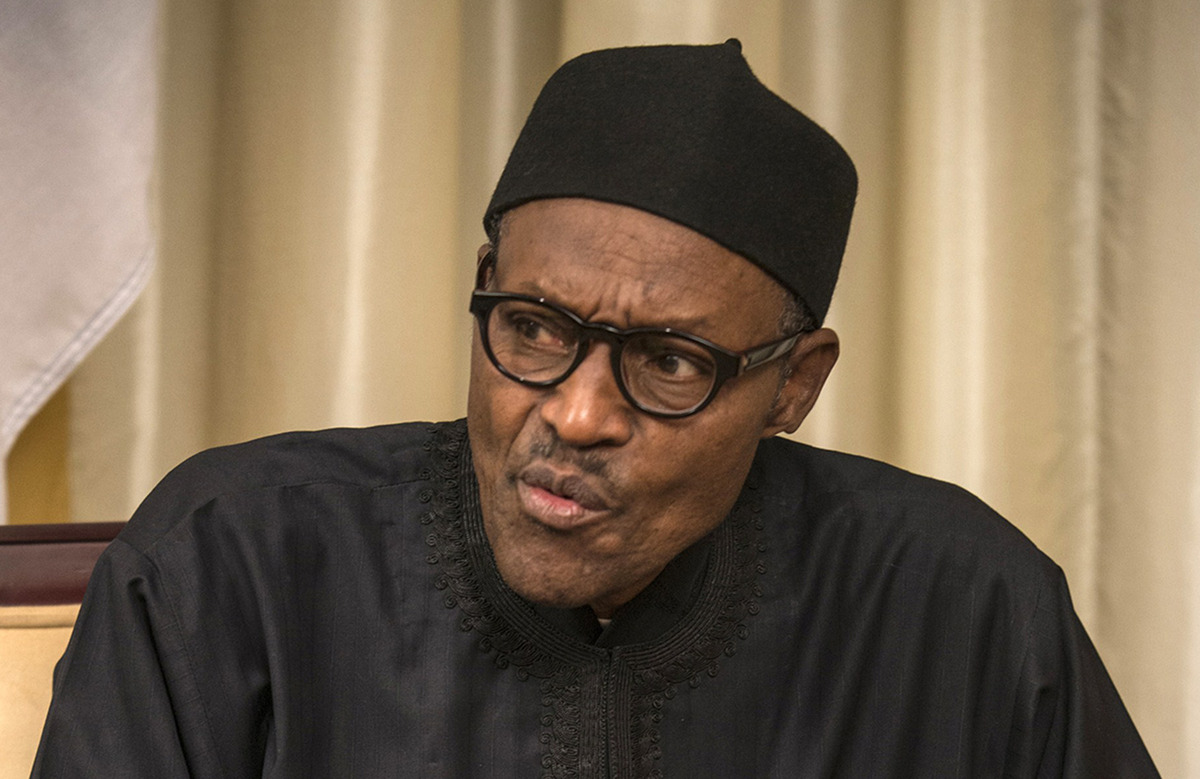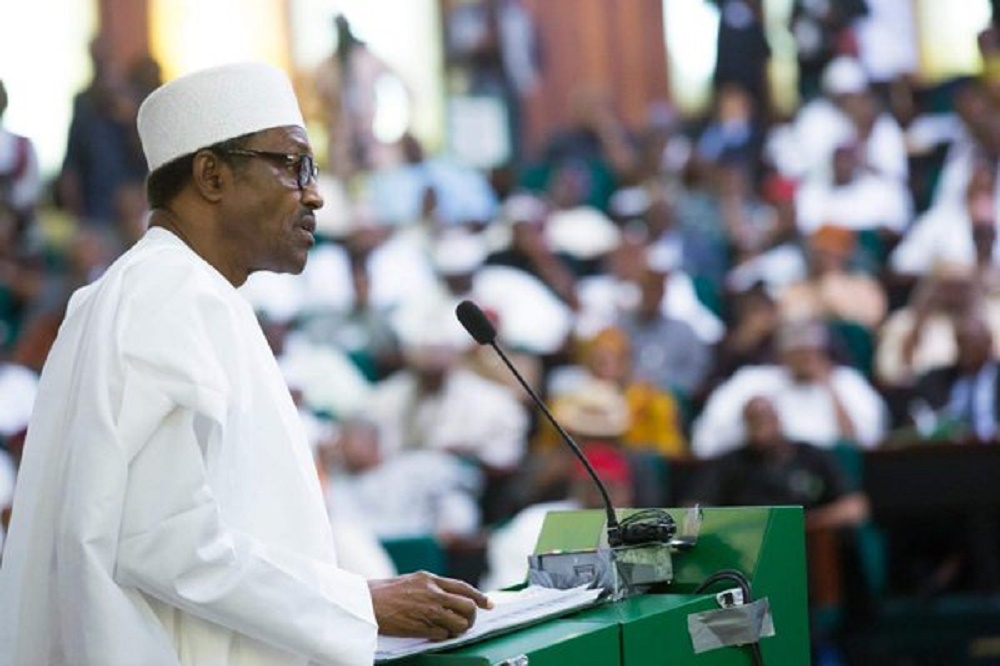As a strong believer in dialogue, I am of course amongst the several others who will heave a sigh of relief on the declaration by the Federal Government of Nigeria to have a dialogue with agitators and critical stakeholders in the Niger Delta region of the country following renewed militancy and relentless bombing of oil and gas installations in the region which have worsened the country’s economic woes.
Undoubtedly, some cynics would say that such resolution on strategic engagement with militant groups and relevant thought leaders in the Niger Delta is temporary, and may not yield tangible outcomes. On this, I will take an opposing view, because there are facts that temporary decisions, where properly coordinated, have led to permanent solutions in several crisis situations.
It was actually thought, from the inception of President Buhari’s government, that the Niger Delta region being the major “ATM” of Nigeria, from where the billions of petrodollars are drawn, shared and spent by the 36 states and 774 local government of the Federal Republic of Nigeria, would be made the centre of Town Hall meetings of the new administration for robust discussions that will allay misgivings just as the President ordered, upon assumption of office, the relocation of the military base to Maiduguri in order to effectively subdue the Boko Haram insurgency.
Indeed, there are a number of reasons to address misgivings emanating from the Niger Delta which were made obvious immediately candidate Buhari won the momentous presidential election in 2015 by defeating an incumbent President and a Niger-Delta born, President Goodluck Jonathan.
Advertisement
Part of this was the apprehension and speculation that was making the rounds shortly after Buhari won the election that the new government will scrap the Amnesty programme for the ex-militants in the Niger Delta which was initiated by President Yar’adua in 2010 and continued by the Jonathan’s administration.
Even though President Buhari had surprised those who had said he would cancel the programme by demonstrating his commitment to carry on with the Amnesty intervention, his recent review of the amnesty programme with 70% reduction in its budget have certainly not settled well with a lot of beneficiaries of the programme and some stakeholders from the Niger Delta region.
Predictably, there are people who are still sore on the electoral loss of the “son of the Niger-Delta”, the immediate past president, who is believed in some quarters to have been conspiratorially hounded out of the Presidency, just as we now see those who are particularly ecstatic that the Presidency has come to the “North”, in an ethnically biased and divided nation where good governance is often overlooked to favour primordial sentiments.
Advertisement
In such a complex setting, strategic dialogue and engagements should continuously occupy the front-burner in national discourse and it should be limitless. Also, the discussion on nation-building and protection of critical national assets should be presented as the responsibility of all with benefits for all.
I recall a remarkable encounter in Gdansk, Poland in September 2010. It was at the graduation ceremony of over 20 Niger-Delta youths who were sponsored by the Kingsley Kuku-led Amnesty programme, to acquire training in marine technology and operations at the Officers’ Training College of the Gydania Maritime University, Poland. I was invited to the auspicious occasion as a development-focused journo whose areas of interest cover the resource crisis and development in Niger-Delta and how interventions like the Amnesty scheme are faring in receding agitation and economic tension in the region. So in an interactive interview with one of the graduates, I asked him what he thought were the salient issues relevant to peace in the Niger Delta that would translate to economic stability and progress of the nation.
The young man’s response was profound and instructive.
“This I can say is the first time the government is looking towards the youths, especially the poor and less educated from the troubled communities of the Niger Delta, to acquire skills and trainings that will be relevant to participate in the dignified economic activities within our region. For long, it had always been about the international companies that were giving people in government money to feed fat on the resources drawn from our region while the people of the communities lived in poverty.
Advertisement
“Also, it is through this Amnesty programme we learned that there is a law that gives consideration to Nigerians to work in the oil and gas industry and own oil and gas assets like the international oil companies who work in the region. A good advantage of this is when people know that these oil and gas assets are owned by fellow Nigerians and there are gains for all, they will be willing to protect rather than destroy it. And also when they know that Nigerian government has greater share in business partnerships with the international oil companies that are operating in Nigeria and are open about opportunities for all it will promote sense of belonging. But there should be regular communication by the government about all the benefits and progress to the people. That’s some of the ways to sustain peace in the Niger Delta,” he said.
Of course, that’s just one of many means of bringing stability and understanding to the people of the region but it touches really well on the imperative of dialogue in mitigating crisis and securing peace.
And this, perhaps, would have minimized the extent of attacks on the oil companies including Aiteo group, a wholly Nigerian-owned oil and gas firm, headed by Mr. Benedict Peters, which operates one of the oil installations that were bombed by the new militant group, the Niger Delta Avengers.
It was reported that Aiteo Eastern Exploration and Production Company, was pumping an average of 77,000bpd in its operated Oil Mining Lease (OML) 29, in the eastern Niger Delta, before the attack on its facility that put production to a halt. This was said to be the highest daily production on a single acreage at any time in history, by any Nigerian owned, indigenous oil producing company.
Advertisement
So debilitating is the fact that the collective bombing of oil facilities in the Niger-Delta have reduced the production capacity of Nigeria from 2.2 million barrels per day upon which the 2016 budget is premised to 1.6 which will further strain the already poor financial standing of the government.
Meanwhile while it is said that the long standing and leading international oil companies could find a way of adjusting against the demoralising onslaught on its operational facilities, Aiteo and its ilk would bear the brunt all alone.
Advertisement
Basically, the general view is if the new position had been emphasised in the government’s agenda from the get-go and made public as part of the action plan to deepen relationship with the Niger Delta communities, relevant groups and leaders, the threats of the so-called Avengers and Liberators would have been long nipped in the bud and the devastating economic sabotage through oil and gas infrastructure destruction by the militants would have been prevented.
It is never too late, however. And regardless of the continuing provocation and recklessness of the militants the government shouldn’t lose focus of its resolve. There are actually lots the government stand to gain than lose for considering the approach of wider dialogue with the region.
Advertisement
Views expressed by contributors are strictly personal and not of TheCable.
Add a comment





